PHP Deprecated: Creation of dynamic property Joomla\Registry\Registry::$default is deprecated in /home/authorsinfo/public_html/libraries/vendor/joomla/registry/src/Registry.php on line 937
PHP Deprecated: Creation of dynamic property plgContentLayerslideshow::$context is deprecated in /home/authorsinfo/public_html/plugins/content/layerslideshow/layerslideshow.php on line 38
PHP Deprecated: Creation of dynamic property SocialPoints::$string is deprecated in /home/authorsinfo/public_html/administrator/components/com_easysocial/includes/dependencies.php on line 123
PHP Deprecated: Creation of dynamic property SocialBadges::$string is deprecated in /home/authorsinfo/public_html/administrator/components/com_easysocial/includes/dependencies.php on line 123
How Stereotypes and Discrimination Shape Our Reality
Interview with Amanda Reen
Amanda Reen is a thirty-three year old multiracial woman from rural Wisconsin who resides in the Boston area of Massachusetts with her husband Jeffrey and her daughter Olivia.
I had the pleasure to meet Amanda while I was working on the series of interviews about the complex image of the African American woman. After we exchanged views briefly we both agreed that her story wouldn't fit in the African American series, and that the issues she was willing to discuss should be highlighted in a separate interview. So here it is, an honest and uncensored account on what it is like to be a person of both Caucasian and African American descent in today’s United States.
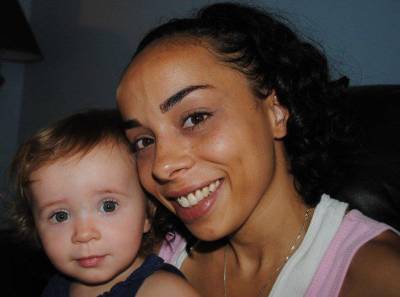
Oana: Tell us about your experiences growing up as a person of both white and African American descent. Have you ever felt “disconnected” with any of those groups and why?
Amanda: I grew up in Rural Wisconsin. I did not meet an African American person until I was about seven years old. My father, being multiracial himself, had left when I was about six months old and I never had his presence to draw from. Let me sort out my coming into fruition with this: my mother told me she cheated on my sister’s dad (a white man) with my dad (a black man) because it was the biggest insult to a white man. That was my first realization of disconnect with white people. It opened my eyes to the fact that to her, I was “different.” That explanation from her led me to constant observation of how I was received by every single person I’d ever encountered and my entire life has been a human experiment as a result of it. I think that’s because my mother never let me forget that I was different. Since I was seven I have studied my classmates, family members and teachers in terms of the different ways I was or wasn’t received, based on their perception of me. I unconsciously learned to take people as individuals as a result of what I thought were “wacky” perceptions of me based on my melanin. Here’s some examples of that: family members would tell my mom that, “she can’t raise that black baby,” they would feed me things they thought “black people ate“, cornrow my hair, et cetera. It was white people trying to do what they thought black people would do instead of just raising a child. I was being raised purely and entirely on ethnic stereotypes.
Oana: How do you think you are perceived in your daily social interactions, more like someone white or more like a person of color?
Amanda: This entirely depends on the individual I encounter. People’s perception of me is always different. There is, however, one defining situation that I encounter most often and that would be, “I’m black until you hear me speak.” Stereotypically, “I talk white.” I have encountered many African American people who called me things such as, “Damaged, uppity, and Oreo.” In my interactions with African Americans I’ve observed that my speaking with clarity is a negative as opposed to the instantaneous comfort it seems to bring to Caucasians. I’ve always found this amusing and I’ve experienced that it does not matter how dark or light you are, if you speak with clarity it gets an undue amount of attention from both sides.
Oana: Why do you think this is happening?
Amanda: This is not a racial issue in my opinion. Race is so easy and that’s why it is so prevalent, it is the social equivalent of wearing another team’s jersey colors. It is easy to identify someone as being “not like you” and therefore on “the other team.” If it wasn't skin color it would easily be replaced by something else just as insignificant. It is a historical socially constructed issue and in my opinion there is no race problem, there is an unevolved human problem. If I were to delve into the historical context we would have to examine industrialism, capitalism, religion… we’re talking about writing a book.
Oana: Did you experience an “identity crisis” that hampered you from taking more steps forward toward the completion and achievement of your goals?
Amanda: I did not have an identity crisis. People who encountered me had a crisis with my identity. A multiracial person being “confused” is a complete and utter projection.
Oana: What is the importance of the family in your life and particularly in dealing with the issues we discussed above?
Amanda: With my family having discriminated against me my entire life I no longer have a relationship with any of them. It’s been almost twenty years since I knew any of my family members intimately. In terms of my daughter, whom is German, Irish, Kenyan and Native American, it’s important to me that she knows who she is, what she is and does not take any value in being anything, but human.
Oana: Do you believe in integration and a multiracial/multiethnic society vs. one structured on race and ethnicity?
Amanda: I don’t like the question. I love all ethnicities. All cultures should be celebrated. I identify with everything and nothing at all. We should all be humans of the earth. No one should be made to be afraid of immersing themselves in any particular culture for there is always something to learn, to eat, to speak, to know. Everything is information, everything is education and we should WANT to know it all because it’s there and exists.
Oana: Do you think that affirmative action serves the goals of individuals of mixed racial background?
Amanda: I was so isolated as a child that I really didn't learn anything about affirmative action until I was a young adult. My experience was more in terms of Caucasians complaints about African Americans gaining status over them, which in my opinion is still the case today. I do not have an Affirmative Action perspective as an African American or a multiracial person. I have never had to draw from that for support and therefore have no experience on the matter.
Oana: Have you had extremely negative experiences involving racism and how did they affect you?
Amanda: My most negative experiences being discriminated against in my childhood and present are thirty five year old to fifty year old Caucasian and African American Women. As a child and as an adult I rarely received confusion from black or white males (teachers, other parents, et cetera) just women. As a child, my race affected my grades when my answers were correct, but never with a male teacher. As a young adult I was denied or lost jobs, but never by a male boss. Again, as an adult the majority of the discrimination and blanket judgment I observe is from middle aged women of both races. What is frightening to me is that these people are the most influential in raising children.
Oana: Do you believe in God? What do you think about the fact that black people and white people rarely meet in churches when we are told we are all “children of God”?
Amanda: I think the likelihood of God is equivalent to the likelihood of being destroyed by Aliens. Religion to me is just another tool to divide us.
Oana: What are the most sensitive issues people of mixed descent encounter frequently?
Amanda: Being the only multiracial person I knew until I was in my late teens if you asked me this questions even five years ago I wouldn’t be able to tell you. I was always the only one. As an adult having gotten to know an abundant amount of multiracial people, the most common irritation is being asked stupid questions such as, “What are you?” or being measured by stereotypes from both races.
Oana: Based on your experiences, would you say that our society is a race-based society where minorities are placed in a subordinate status in relation to whites?
Amanda: Yes and no. It’s not about race it’s about cash. It’s about keeping segments of population a subordinate work force. Race is merely a tool.
Oana: What is your advice for people of mixed racial/ethnic background? What should they do or where should they look for help?
Amanda: Chris Rock in one of his shows said something to the effect of, “The hardest thing for a Black man to do is stand on his own and be himself.” I think that speaks for everyone no matter who you are or what your ethnicity is. Social acceptance, social norms, peer pressure and human grouping create a stagnating environment, anti intellectualism, fundamentalism and ignorance.
My advice is sort of silly. I took my life philosophy from an employment banner on the wall when I worked for Eddie Bauer. It is… and this is important to me, “Our conduct, actions and decisions should be based upon the observable behavior of the individual and not upon preconceived assumptions.” And watch more Key and Peele.
Oana: Thank you, Amanda.
You can contact Amanda at:
To find out more about Author Oana visit www.thehealings.net
© 2013 by Oana
When you subscribe to the blog, we will send you an e-mail when there are new updates on the site so you wouldn't miss them.
PHP Deprecated: Creation of dynamic property EasyBlogPost::$isImage is deprecated in /home/authorsinfo/public_html/administrator/components/com_easyblog/includes/themes/helpers/post/entry.php on line 415
PHP Deprecated: Creation of dynamic property EasyBlogPost::$isImage is deprecated in /home/authorsinfo/public_html/administrator/components/com_easyblog/includes/themes/helpers/post/entry.php on line 415
PHP Deprecated: Creation of dynamic property EasyBlogPost::$isImage is deprecated in /home/authorsinfo/public_html/administrator/components/com_easyblog/includes/themes/helpers/post/entry.php on line 415
PHP Deprecated: Creation of dynamic property EasyBlogPost::$isImage is deprecated in /home/authorsinfo/public_html/administrator/components/com_easyblog/includes/themes/helpers/post/entry.php on line 415
PHP Deprecated: Creation of dynamic property EasyBlogPost::$isImage is deprecated in /home/authorsinfo/public_html/administrator/components/com_easyblog/includes/themes/helpers/post/entry.php on line 415
PHP Deprecated: Creation of dynamic property EasyBlogPost::$isImage is deprecated in /home/authorsinfo/public_html/administrator/components/com_easyblog/includes/themes/helpers/post/entry.php on line 415


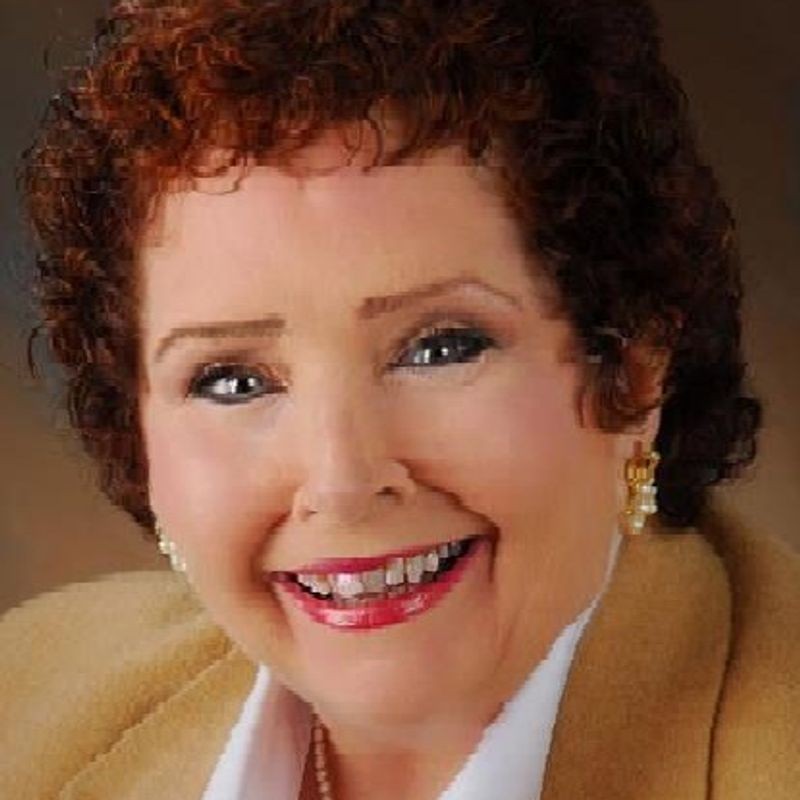
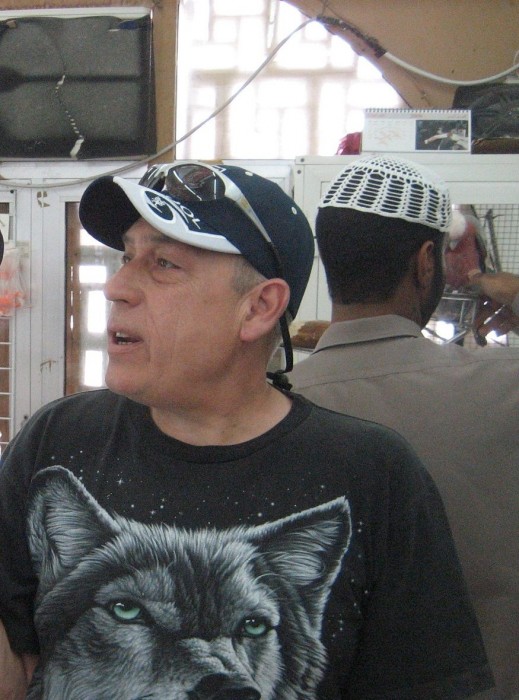

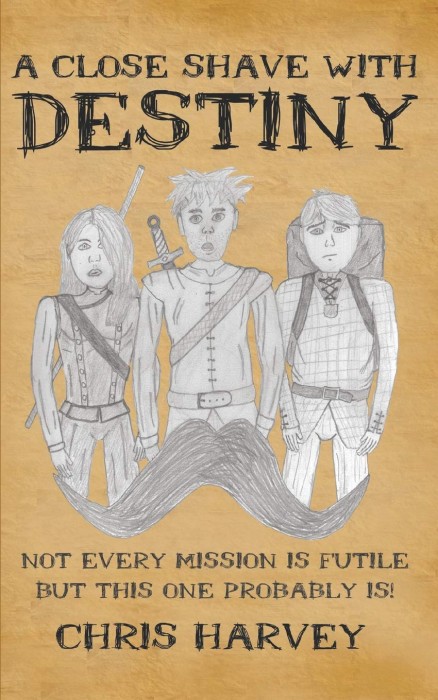


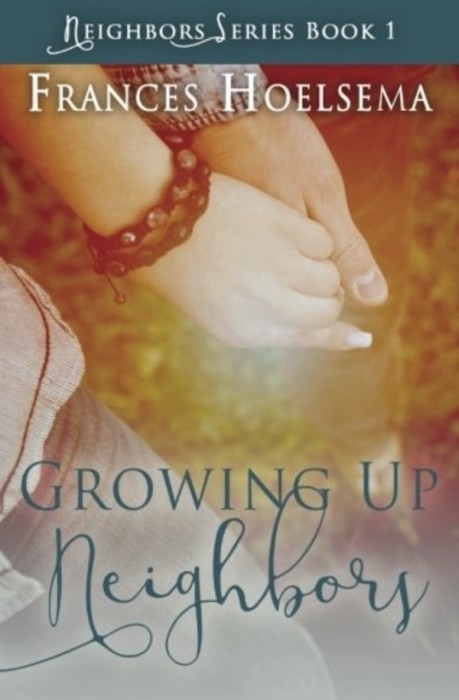

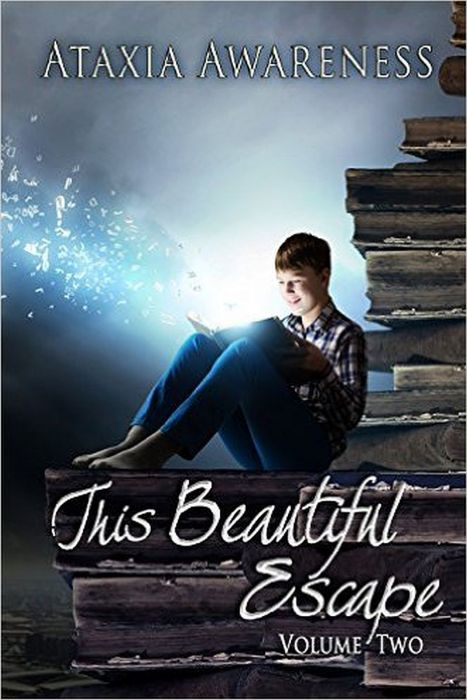
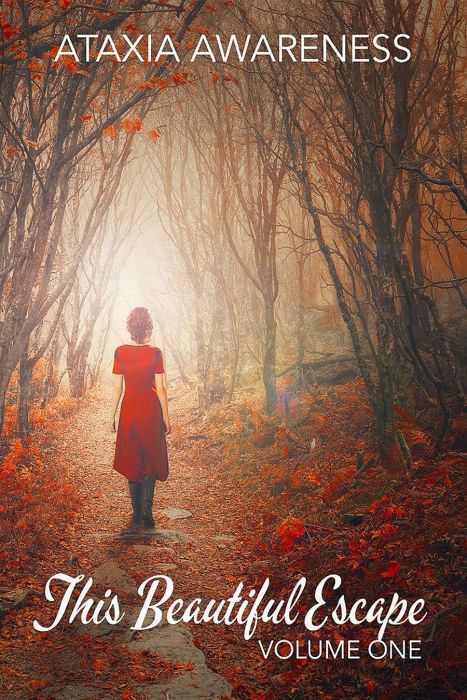
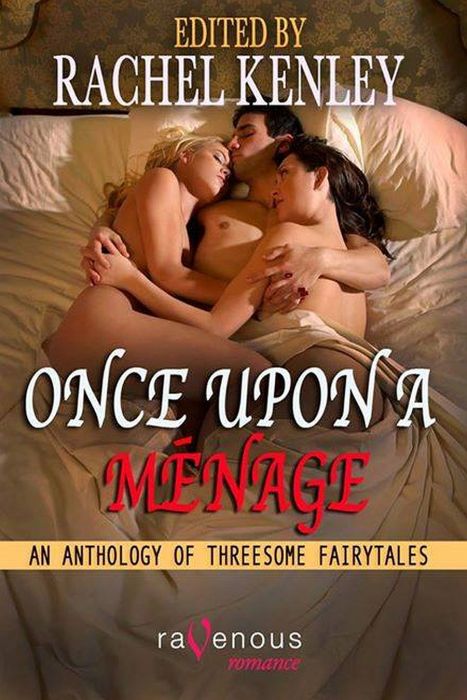




Comments